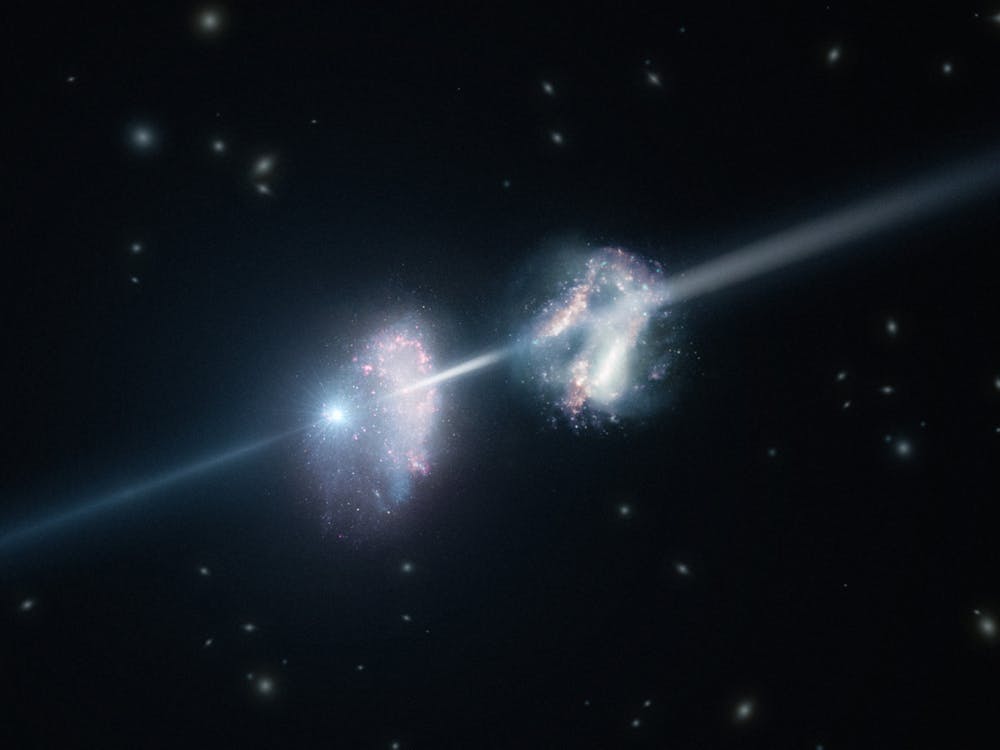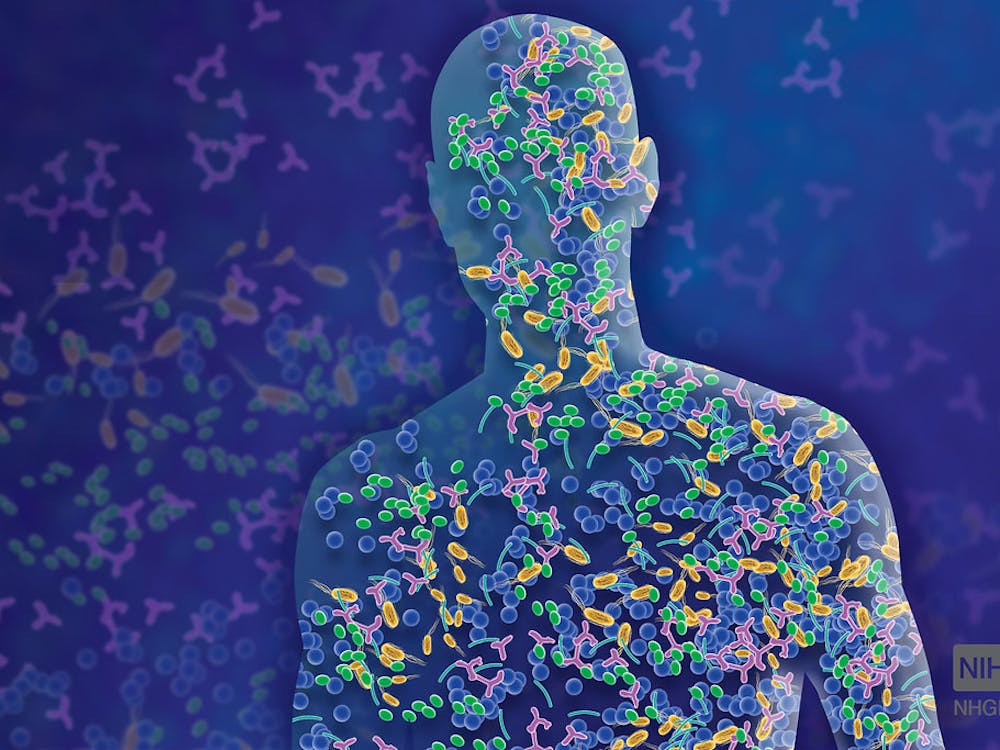Usually you might find my name next to yet another Ebola article naming the umpteenth person to be infected by the deadly virus, or perhaps relaying Hopkins students’ cynicism toward the request of Americans to U.S. President Barack Obama to ban all air travel to high prevalence countries, but for this issue of The News-Letter, I have prepared something different. I have decided to address the anti-climactic underlying question that serves as the backbone for the DNA of this section, and as a dedicated reader, I ask you to push yourself to answer it as well.
“A news story in science is a challenge; it’s an incremental process... it’s not the same as regular kinds of news. So there’s always this essential tension between science and news,” Eva Emerson, editor-in-chief of Science News magazine, said. She spoke on Saturday at Georgetown University to the Hopkins and Georgetown chapters of The Triple Helix.
For those who may not know, The Triple Helix is an undergraduate publication with 20 chapters at universities around the world. It publishes articles on how science connects to other areas such as ethics and public policy both online and in an annual print publication called Science in Society Review.
Emerson sought to educate her audience about the importance of science in communication, but she left us science writers and readers, including you who are reading this article, at an intriguing crossroads: Should we present and seek news, or should we present and seek science? Can we ever seek and present both?
She mentioned the popularity of an early 20th century style of reporting news, “yellow journalism,” a sensationalistic method of portraying current events in order to grab attention rather than present facts.
Emerson said that her team’s publication, Science News (SN), seeks to shed light on novel and intriguing discoveries and research in the world of science. How does the staff at SN decide what readers would want to read and learn from?
“The Internet has changed things a lot, but health and technology always are really interesting to people because [the two] affect their lives,” Emerson said.
Some key words that are trending in many science articles across the internet include “black hole”, “zombie” and “ants.”
“We don’t have the evidence yet, but we’re trying to come up with an article about zombie ants that fall into a black hole,” she joked.
In other words, SN seeks to increase the scientific knowledge base of its readers by putting facts behind hot topics already on the table. For example, an article published at sciencenews.org on Monday is titled “Iguanas’ one-way airflow undermines usual view of lung evolution.” At first glance, this article uses the strange, esoteric image evoked by the mention of an iguana and the constant ideological tug-of-war between creationism and evolution to grab the reader’s attention and explain the evidence discovered about the iguana. While the title of this article may not seem sensationalistic, it is making news of facts. It could arguably still be breaking news to some.
What is breaking news, then? Do my articles about Ebola make the cut for “breaking news,” or is the appeal of my stories lost in the quest to paint a picture of the truth? I would say that this is the double-edged sword that is the work of a science journalist.
What makes this job even more precarious, I’d argue, is summed up in the concluding statements of Emerson’s presentation.
“A lot of people shut down when they hear ‘science.’ [The disinterest] goes back to middle school and high school. [Science] wasn’t presented in a way that was interesting. If it was, then everyone would be science-positive. If every person felt empowered [by their knowledge of science], then they’d be interested in it... It’s fascinating stuff. It’s the real world we live in,” she said.
Even if you do not attend Hopkins to study some form of science, you have most likely written some kind of scientific report, even if it was just in middle school. As a science reader (and perhaps writer), has your view of whether or not news about science has an evocative appeal been affected and perhaps slanted by traditional notions of what is strikingly interesting or eye-catching? From where do these notions arise? Most importantly, can news about science ever be interesting?






















Please note All comments are eligible for publication in The News-Letter.